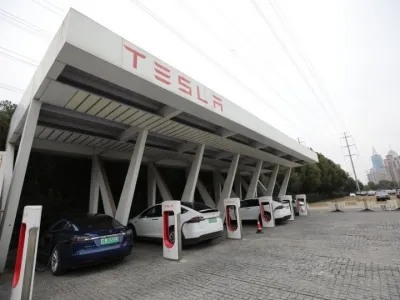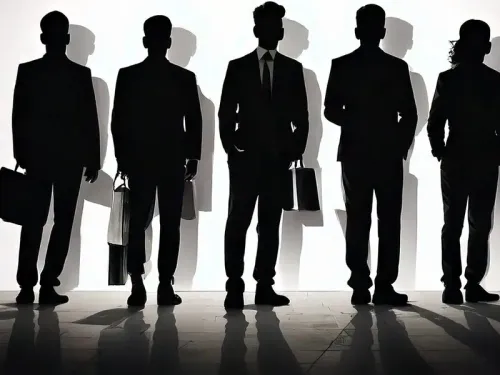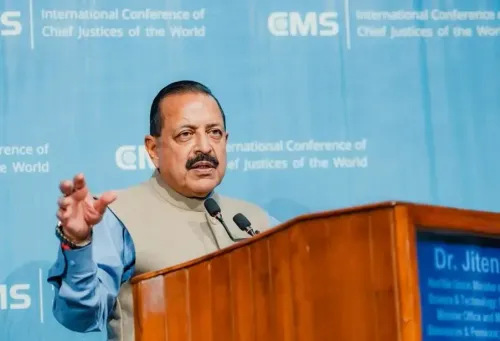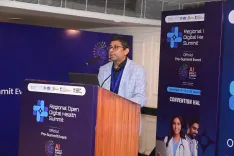Why Did Musk's Tesla Get Fined Over $240 Million in an 'Autopilot' Crash Case?

Synopsis
Key Takeaways
- Tesla has been ordered to pay over $240 million due to safety failures in its "Autopilot" system.
- The ruling emphasizes the need for accountability in tech-related incidents.
- Victims' lawyers accused Tesla of hiding key evidence before the trial.
- This case may encourage more lawsuits against tech companies for malfunctioning systems.
- The verdict raises questions about the reliability of self-driving technology.
San Francisco, Aug 2 (NationPress) A jury in the United States has mandated electric vehicle manufacturer Tesla to pay more than $240 million to the victims of a 2019 incident linked to the company's defective "Autopilot" driver assistance technology.
According to the victims' claims, the jury determined that Tesla's system bore partial responsibility for the accident. Naibel Benavides Leon, aged 22, tragically lost her life, while her boyfriend, Dillon Angulo, suffered serious injuries when a Tesla Model 3 crashed into them as they were stargazing on the roadside during the night.
Although the Tesla driver acknowledged being distracted by his cellphone, the jury concluded that Tesla’s Autopilot technology also malfunctioned, indicating that the company cannot evade accountability.
The jury awarded $200 million in punitive damages, along with $59 million in compensatory damages to Leon's family and $70 million to Angulo, as per court documents.
This ruling highlighted that malfunctions in technology, including driver-assist systems or "autopilot", will be deemed as part of moral responsibility, even in instances of human error. Reports indicate that Tesla had either settled similar lawsuits out of court or managed to have them dismissed prior to trial. This case has set a precedent, inspiring more individuals to seek justice through legal avenues.
The lawyers representing the victims accused Tesla of hiding critical evidence, including video footage and data recorded just before the crash. Tesla claimed in court that the footage did not exist, but a forensic expert later discovered the exact data that Tesla insisted was missing, proving the company had it all along. Tesla subsequently explained that it had made an honest mistake.
This verdict comes as Elon Musk is gearing up to launch Tesla’s driverless taxi services in select cities later this year. Although Tesla has significantly improved its Autopilot system since the 2019 incident, the verdict raises questions regarding the real-world reliability of its software.









